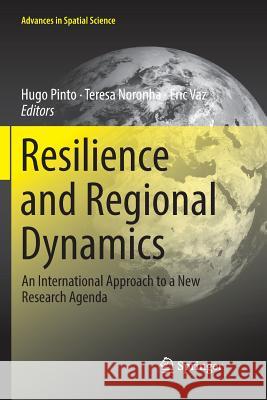Resilience and Regional Dynamics: An International Approach to a New Research Agenda » książka
topmenu
Resilience and Regional Dynamics: An International Approach to a New Research Agenda
ISBN-13: 9783030069810 / Angielski / Miękka / 2019 / 255 str.
Kategorie:
Kategorie BISAC:
Wydawca:
Springer
Seria wydawnicza:
Język:
Angielski
ISBN-13:
9783030069810
Rok wydania:
2019
Wydanie:
Softcover Repri
Numer serii:
000354648
Ilość stron:
255
Waga:
0.37 kg
Wymiary:
23.39 x 15.6 x 1.4
Oprawa:
Miękka
Wolumenów:
01
Dodatkowe informacje:
Wydanie ilustrowane











